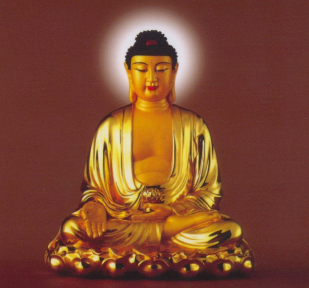http://www.youtube.com/watch?v=-gZY4i4Kg3s
Buddhism, Taoism and Confucianism are three of the oldest and most popular religions throughout China. While Buddhism was discovered in India, Taoism and Confucianism were both founded in China. All three of these religions are based on ethics and moral principles designated to better a participants relationship with the universe.
Buddhism: Was founded in 520 BCE and is to this day the most popular religion in the far east. Founded by and Indian prince, Siddharta Guatama, also known as "The Buddah". Buddhism focuses on meditation and believes in Nirvana or rebirth. They practice the "Four Noble Truths" as well as "The Eightfold Path".
Taoism: Taoism was founded in China and is also referred to as Daoism. Taoism practices "The Way" or Dao, the ultimate truth to the universe. Chinese philosophers Laozi and Zhuangzi developed the principles of Taosim.
Confucianism: Was developed in 500 B.C.E. in China. It is often argued that Confucianism is a philosophy as opposed to a religion. Confucianism is a way of life. There are Five Cardinal Relationships in Confucianism:
- Sovereign-Subject
- Father-Son
- Elder-Younger Brother
- Husband-Wife
- Friend-Friend



The video posted was very informative and gave a clear outline of all the different religions practiced in China. The video was a great follow up also to what we learned in class. It was also interesting to see the similarities and differences between the religions.
ReplyDeleteI agree Shannon. In my research the three were often described as being confused with each other. This video made it very clear. I also found it interesting that some people consider Confucianism a religon while others find it to simply be a philosophy.
ReplyDelete